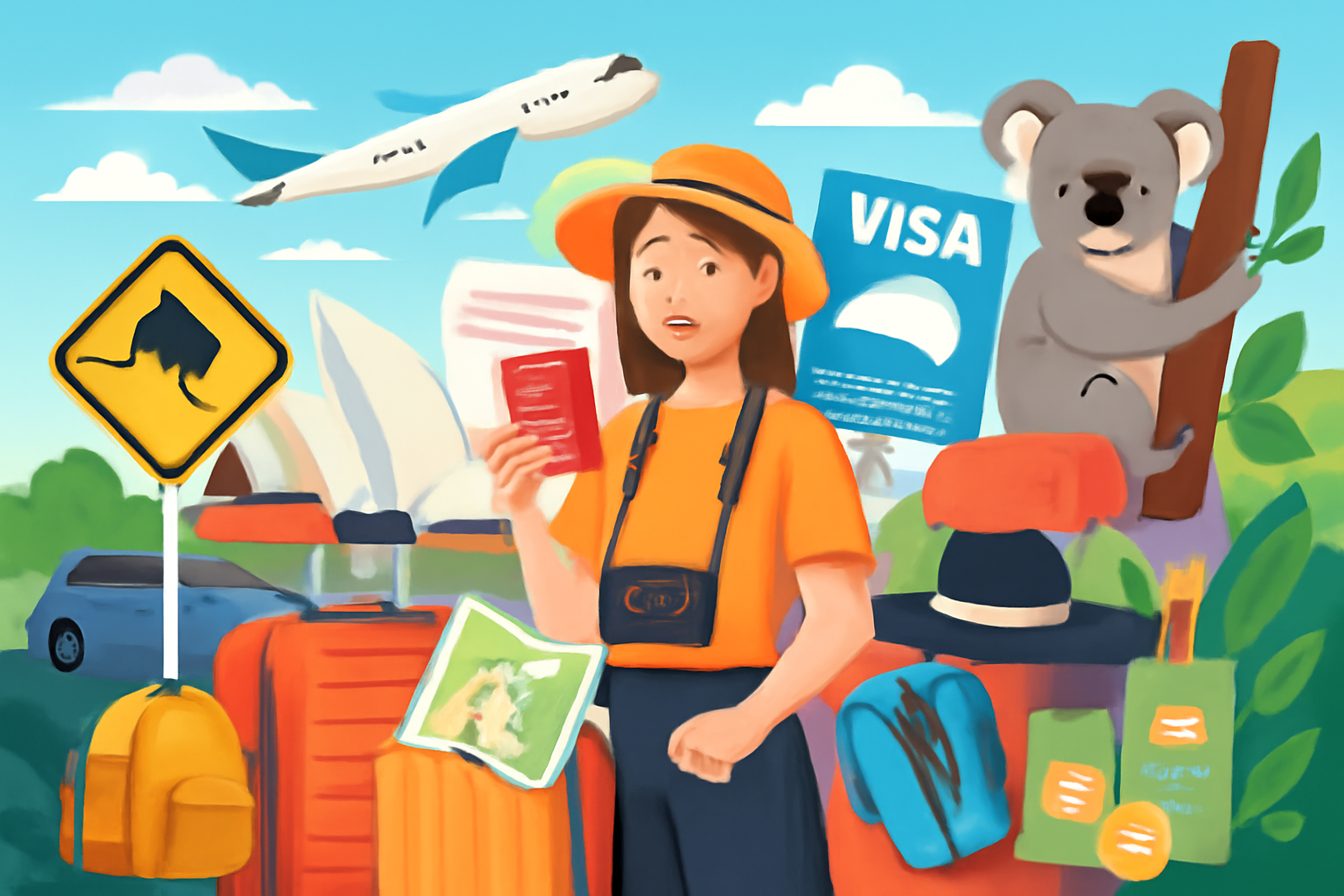A trip to Australia promises unforgettable experiences, but it requires careful planning to make the most out of your time. With its expansive landscapes, iconic wildlife, and thriving cities, here’s how you can prepare for a seamless visit.
Visa Requirements
Before booking your flight to Australia, make sure to apply for the necessary visa. Depending on your nationality, you may need an electronic travel authority (ETA) or a visitor visa. These can be processed online, but ensure you apply ahead of time to avoid last-minute issues.
When to Visit
Australia’s diverse weather means the ideal time to visit varies depending on where you’re heading. For cities like Sydney, Melbourne, and Adelaide, the summer months are great for beach activities and sightseeing. However, if you’re heading to the tropical north, such as Cairns or the Whitsundays, winter (June to August) provides mild, pleasant weather for outdoor exploration.
What to Pack
When packing for Australia, think of the varying climates. If you’re heading to the southern regions, expect warm summers and cool winters. Be sure to bring a mix of lightweight clothing for warm weather and layers for cooler evenings. And, if you plan on visiting the Outback or coastal regions, sunscreen, a hat, and protective shoes are essential for sun protection.
Navigating Australia’s Transportation
Australia is a huge country, and getting around requires some forethought. In cities, public transport such as buses, trains, and ferries are convenient options. For longer distances, consider renting a car for a road trip, but keep in mind that driving is on the left-hand side. If you’re visiting remote areas, domestic flights will save you time, especially when traveling between major cities.
Staying Safe and Healthy
Australia is known for its high standard of living and safety. However, you should still take common-sense precautions, particularly in crowded areas. Make sure you have comprehensive travel insurance that covers medical emergencies and unexpected events. Familiarize yourself with Australia’s health services, which are among the best in the world.
Money Matters
The local currency is the Australian Dollar (AUD). While credit cards are widely accepted, it’s a good idea to carry some cash, especially when visiting remote areas or smaller towns. Budget for the trip by considering accommodation, food, and activities, as prices in Australia can vary depending on the region.



